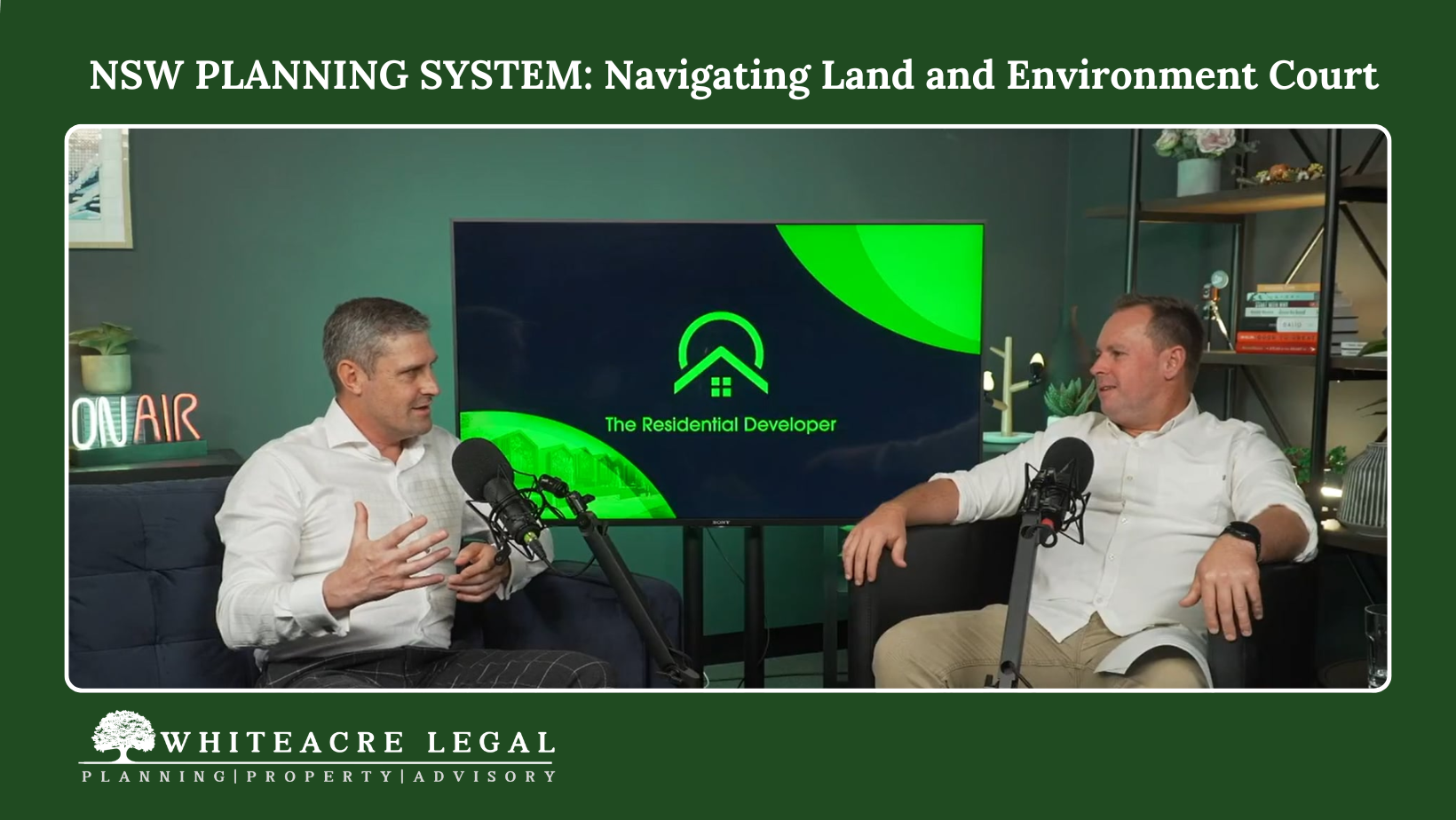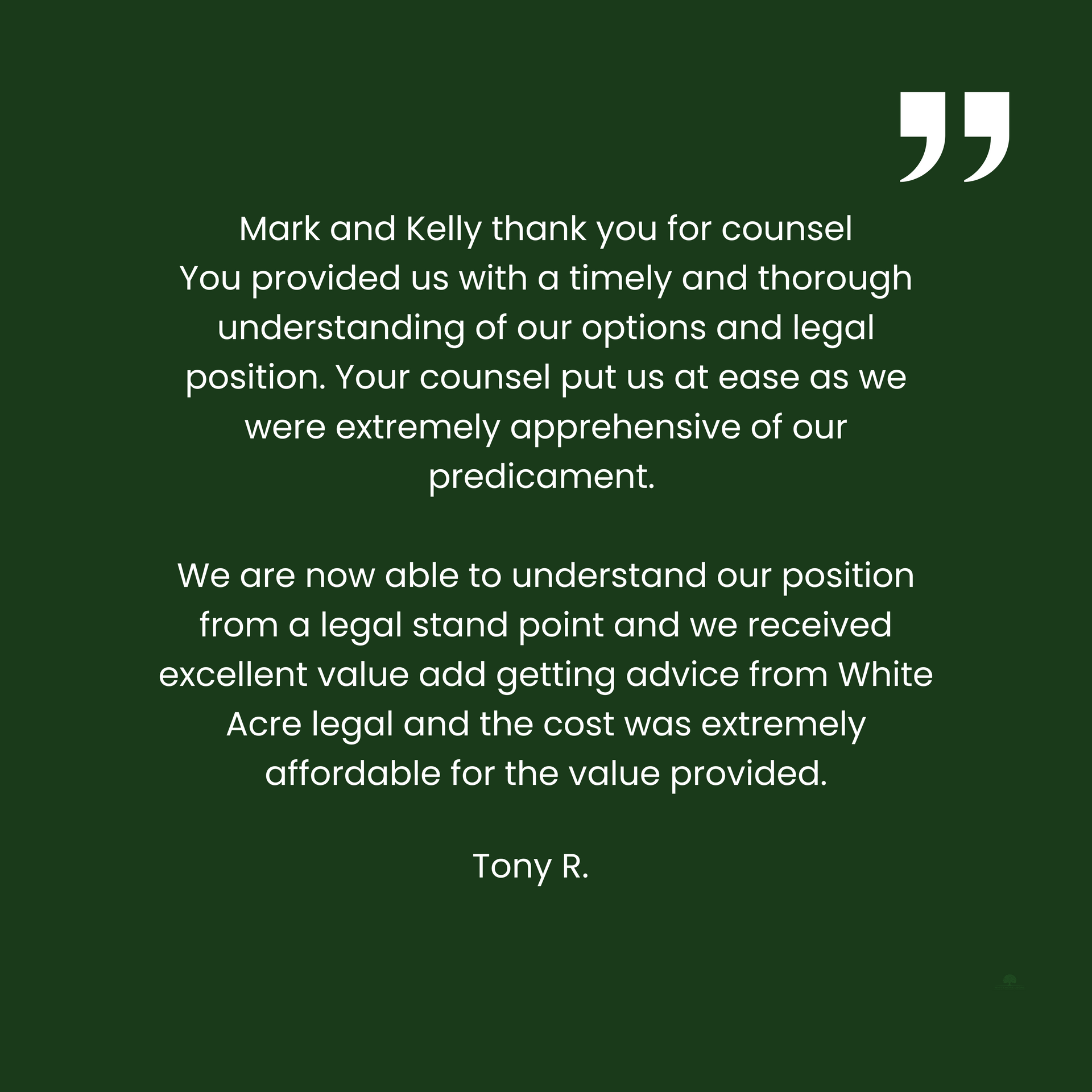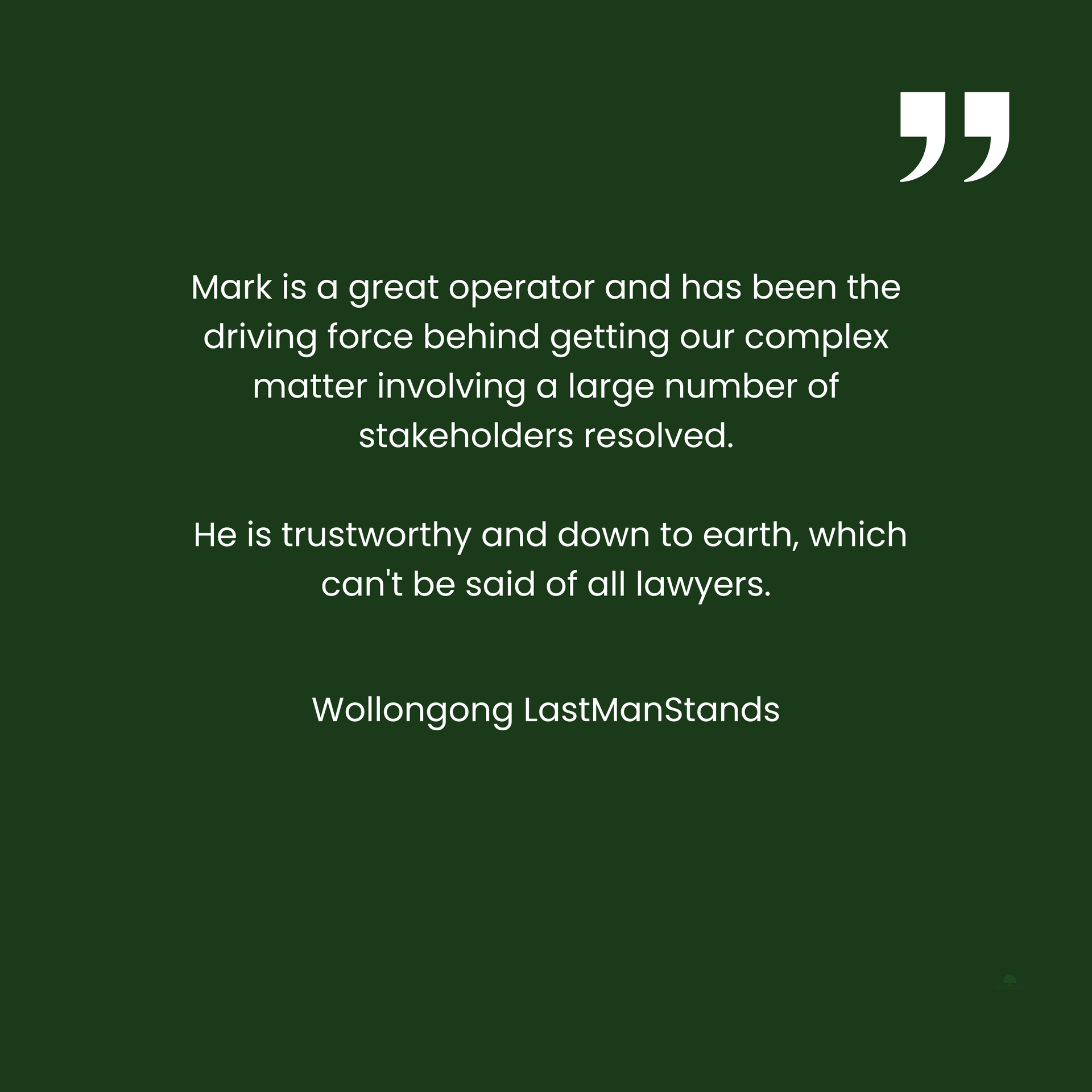Guidelines on the withdrawal of development applications
The NSW Department of Planning and Environment ( Department ) has called out the unofficial practice of local councils encouraging proponents to withdraw development applications.
In October 2023 the Department released the “Guideline on the withdrawal of Development Applications”. The guideline can be accessed on the Department’s website here:
https://www.planning.nsw.gov.au/sites/default/files/2023-10/23a-guidelines-withdrawal-development-applications.pdf
Second, because the application is not “refused”, the applicant loses their appeal rights to the NSW Land and Environment Court. Section 8.7 of the
Environmental Planning and Assessment Act 1979
(EPA Act)
grants appeal rights to an applicant who is “dissatisfied with the determination of its application”. The application is withdrawn, not determined by the council.
Guidelines for the Withdrawal of Development Applications
- Councils in NSW can contribute to the challenge of addressing the State’s housing shortage through their responsibilities as local planning authorities.
- The expeditious assessment and determination of DAs creates a pipeline of development proposals with housing opportunities.
- Councils in NSW are required to devote appropriate resources to their planning and assessment teams to ensure development applications are assessed and determined within reasonable timeframes, consistent with the
Environmental Planning and Assessment (Statement of Expectations)
Order 2021 as issued under section 9.6(9) of the EP&A Act.
- Councils are not to engage in practices of delay in assessing applications, including unnecessarily asking applicants to provide information not necessary for the assessment of the proposal or seeking the applicant to withdraw the proposal.
- The request to withdraw a DA is consistent with the Best Practice Guide and the request is not intended to enhance council’s performance data outcomes.
Many experienced town planners and developers will take particular note of (4) and (5) above.
So, what can the Department do about it? In practice, not much.
The Guidelines issued under section 23A of the
Local Government Act 1993
(LG Act) require councils to consider the Guidelines in exercising its function. Section 23A of the LG Act simply provides that the Department may “from time to time prepare, adopt or vary guidelines relating to the exercise by a council of any of its functions.”: s 23A(1). Further s 23A(3) provides that a “council must take any relevant guidelines…into consideration before exercising any of its functions.”.
Takeaway for developers and proponents
Require further assistance? please do not hesitate to call us on (02) 9145 0900 or make an enquiry below.
Browse by categories

Servicing all of NSW, Whiteacre provides expert property law and planning and environment law advice and assistance.
✓ Planning Law Advice
✓ Land and Environment Court Appeals
✓ Voluntary Planning Agreements and Contributions
✓ Development Control Orders and Enforcement
✓ Property Development Advice and Due Diligence
✓ Title Structuring
✓ Easements and Covenants
✓
Strata and Community Title legislation
Book an initial consultation through our website with our planning law solicitor. Whether it's about planning and environment law or property law, you can approach us and discuss your matter to make sure we are a good fit for your requirements.


































